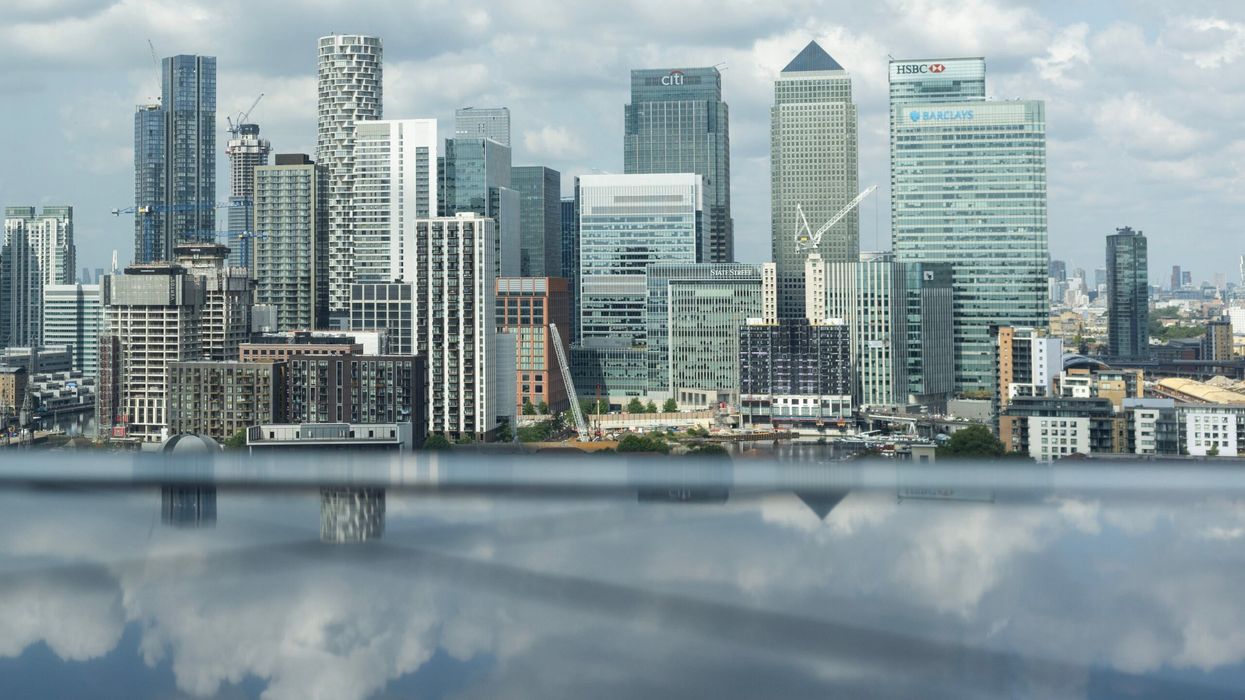THE INTERNATIONAL MONETARY FUND (IMF) on Tuesday raised its UK growth forecast for 2025 to 1.2 per cent from 1.1 per cent estimated last month, citing strong business investment in the first quarter of this year.
The IMF said growth would be supported by “very strong” performance in the first three months of the year, with better-than-expected business investment.
The IMF also warned that global trade tensions would reduce UK growth by 0.3 per cent for the rest of this year. “Persistent uncertainty, slower activity in UK trading partners, and the direct impact of remaining US tariffs on the UK” would weigh on growth, the IMF said.
The Fund kept its estimate for UK growth in 2026 at 1.4 per cent.
The Labour government welcomed the updated forecast. Chancellor Rachel Reeves said three new trade agreements — with the US, EU and India — would help with “protecting jobs, boosting investment and cutting prices.”
The UK and the US reached a deal this month to reduce tariffs on British cars and remove tariffs on steel and aluminium. In exchange, Britain will allow more US beef and other farm products into its markets. However, a 10-per cent levy on the UK, imposed as part of Donald Trump’s tariffs on key trading partners, remains in place.
The IMF said the three trade deals were “just first steps.” IMF mission chief to the UK Luc Eyraud said at a press briefing: “We see them as very important at the sectoral level, but not necessarily impacting massively or significantly our forecast.”
The IMF said “persistently weak productivity remains the UK's primary obstacle to lifting growth and living standards.”
UK gross domestic product grew by 0.7 per cent in the January-to-March period, according to official data.
The Bank of England has also increased its growth forecast for this year but reduced its estimate for 2026. It cited heightened economic uncertainty due to Trump’s tariffs.
(With inputs from agencies)





